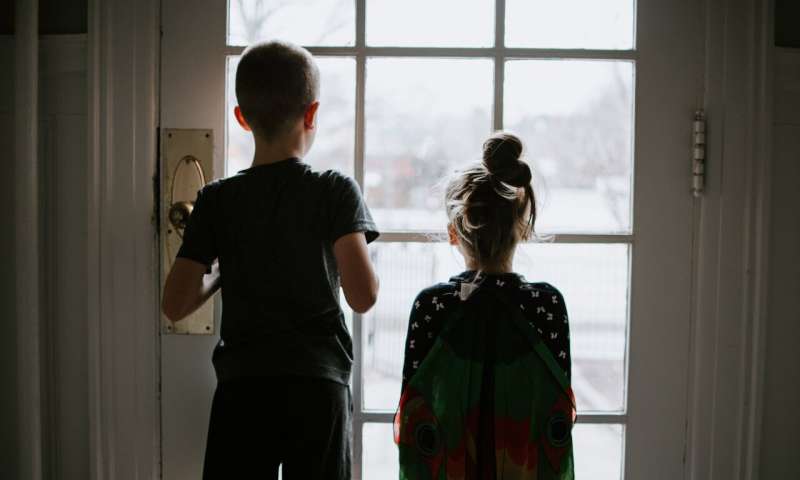Report examines how different confinement measures affect people

Researchers of the Faculty of Humanities, Education and Social Sciences have published a second report of the COME-HERE study. It presents the results of a comprehensive survey to analyze how different confinement measures affect people in Luxembourg, France, Germany, Italy, Spain and Sweden. Approximately 8.000 people participated in the survey.
The report by professors Conchita d'Ambrosio, Samuel Greiff and Claus Vögele and postdoc Remi Yin provides an overview of what individuals have suffered from the most during the COVID‐19 pandemic in April 2020 in terms of mental health, well‐being and living conditions. The analysis considers several criteria such as life satisfaction, worthwhile life, stress, depression, anxiety, loneliness, percentage of income change, loss of job and cut in household income.
The report concludes, among others, that the more people in the household the higher the self-reported stress levels. This is in contrast to findings related to other measures. In Luxembourg, lower stress is only registered among individuals older than 65.
The results of this report are based on an extended first analysis of the survey, which took place in the beginning of May 2020. While the first is a descriptive report of the findings by country, the second is more comparative to determine who was affected the most by confinement measures.
More information: The complete second report of the COME-HERE study "How do different confinement measures affect people in Luxembourg, France, Germany, Italy, Spain and Sweden?" is available as a PDF



















